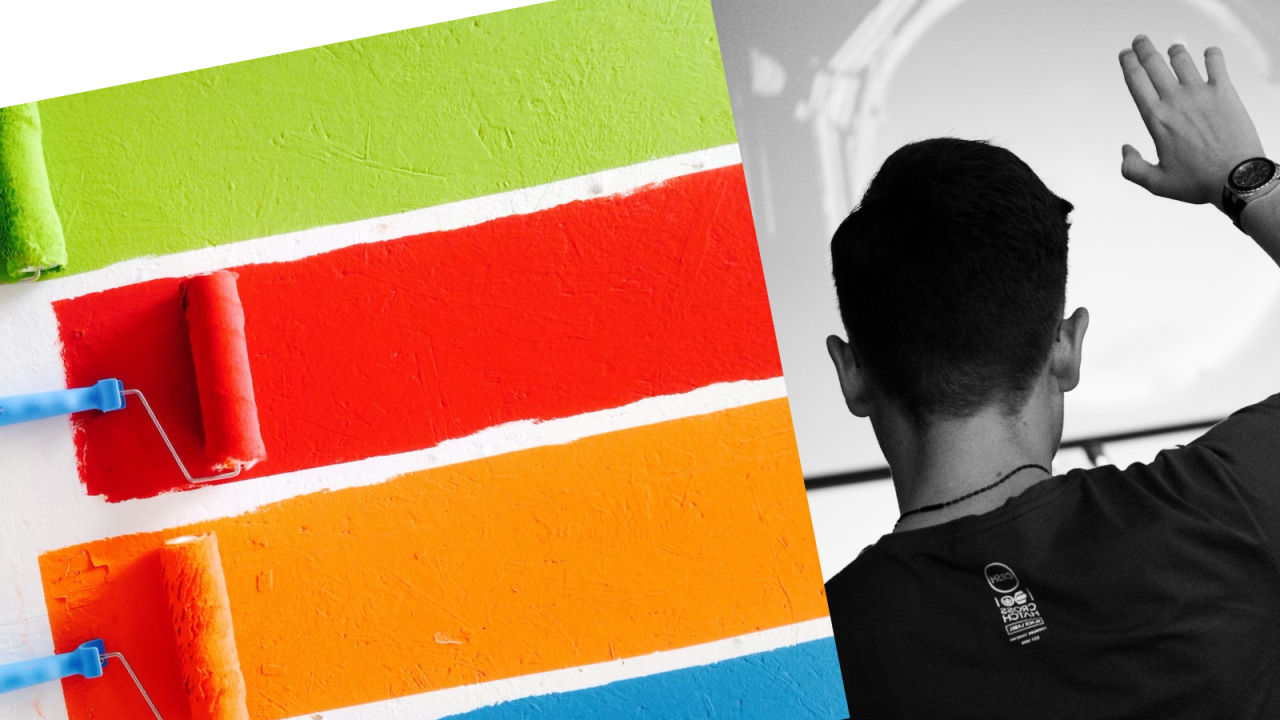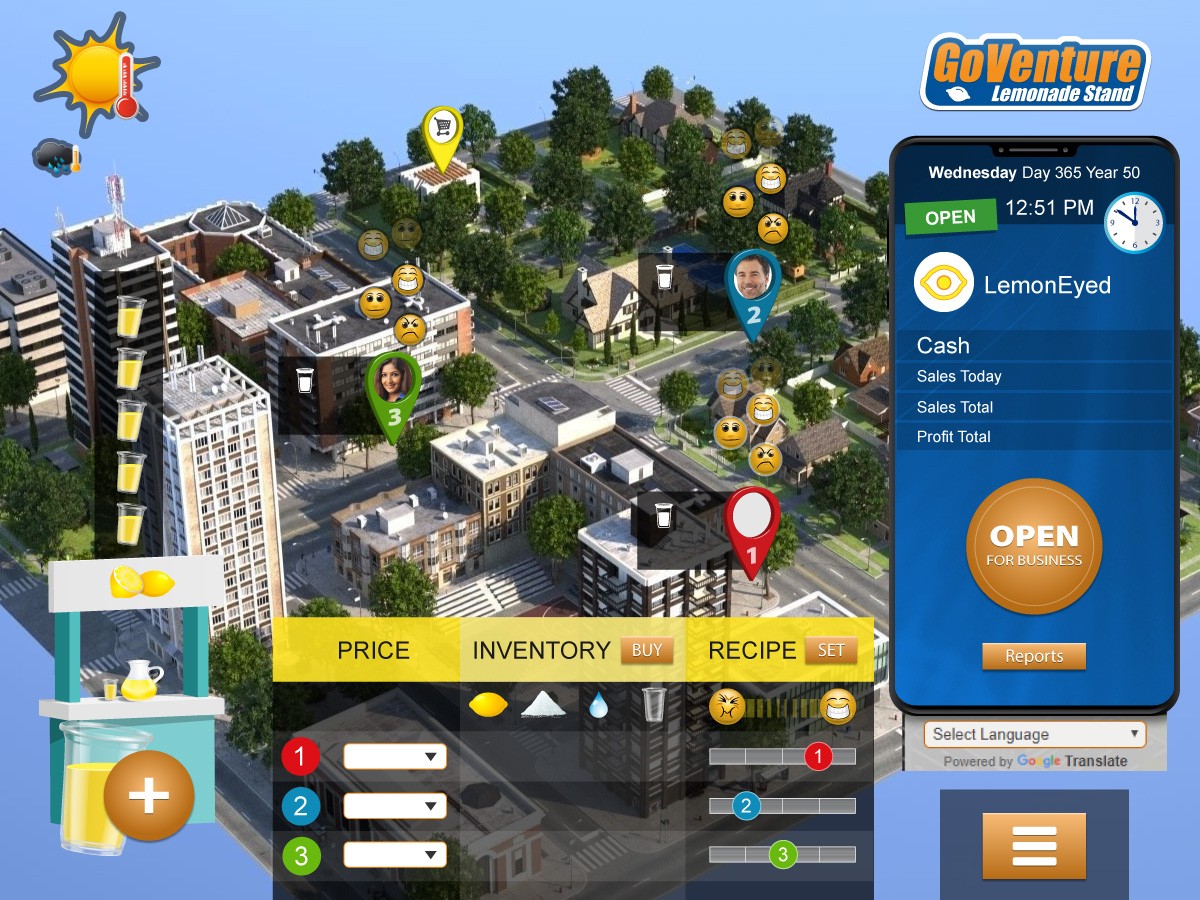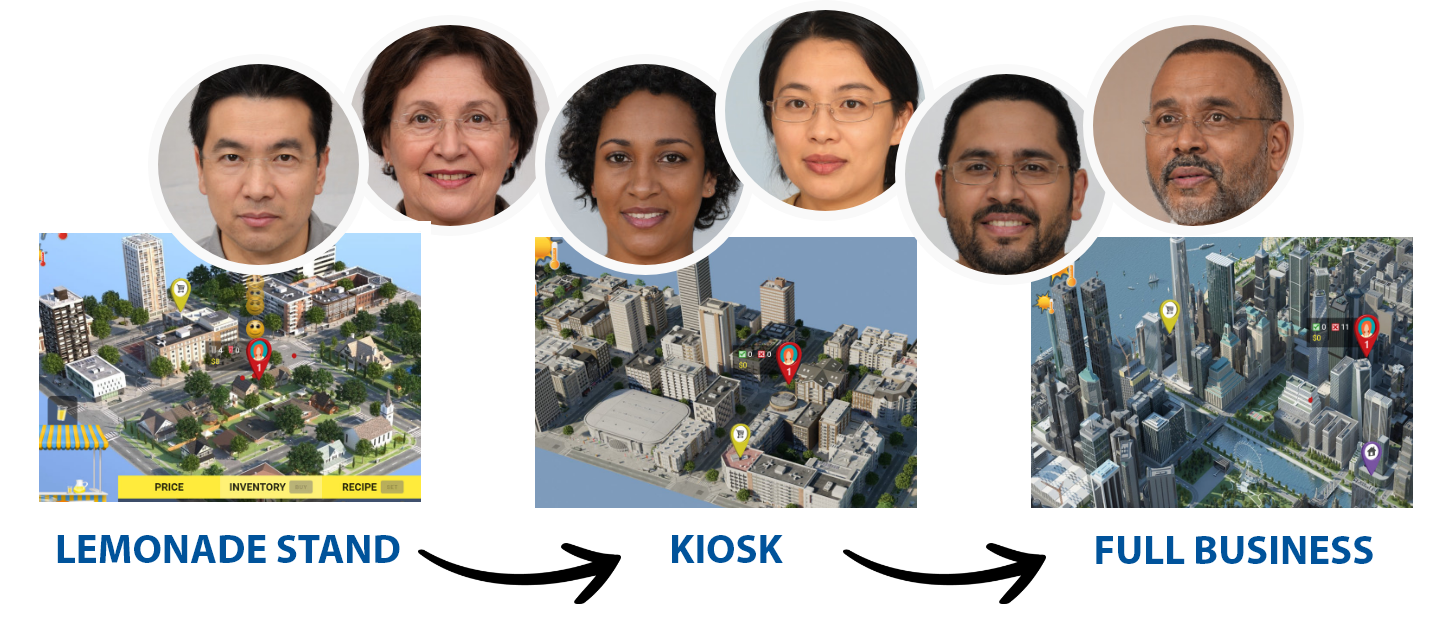
Personalized Learning In Education — The Easy Way
The concept of personalized learning in education has been around for a long time. Here is one definition I found online:
Personalized learning is an educational approach that aims to customize learning for each student's strengths, needs, skills, and interests.
Sounds great. Also sounds hard, doesn't it?
How can a busy teacher find the time to do that?
Electronic tools have been created for specific subject areas and courses to offer personalized learning, but I suspect they take a significant commitment to adopt and integrate into a curriculum (plus the costs and lots of administrative approvals).
What if you don't have the time and budget for that?
There are much easier ways to apply personalized learning.
Simulation games are one example
Simulation games offer a similar experience for all students, but allow each student to choose their own path to achieve success.
This personalization tends to engage students more deeply because they have control of the journey — they are making their own decisions and realizing the consequences of those decisions.
This goes beyond a piece of software choosing what the student should learn next. Content selection is certainly a useful feature, but it tends to be primarily focused on identifying and closing deficiencies. That's not the same as making something feel personal, like a personal journey.
Simulation games can accommodate varying degrees of learner capabilities by using progressionto slowly build complexity based on what the learner is ready to take on. Customizationfeatures can also allow the instructor to choose the best options for specific learners.
Examples
There are many games and simulations designed for entertainment that apply progression and customization. If you can find one that meets your curriculum needs, give it a try — you may be pleasantly surprised by the results.
For a specific example to illustrate these concepts, I'll use one of my business simulations. In this simulation, students start by running the most basic of businesses — a lemonade stand.

Personalization
The student gets to choose the price of their lemonade, the recipe (quality), how much inventory to buy, and more. Even though all students may be running a similar lemonade stand, their personal choices directly affect the results. It's their lemonade stand, their decisions, and their consequences. This is much more personal than the common case-study method used in many business schools. I write about the Case-Study Method here).
Progression
Once the student proves their success with a single lemonade stand, they can then open a second lemonade stand and hire someone to run it for them. Then a third lemonade stand.
Once the instructor feels the student is ready for the next level up, they can progress to running a kiosk business. This business has more products, more inventory, and more business decisions.
Eventually, the instructor can let the student level up to a full business, which is a super-comprehensive experience.
This approach of progression provides a personal path based on student competencies.

If you want to apply personalized learning the easy way (and effective too!), then consider games and simulations for your curriculum.
Receive this newsletter by email —
I'm Mathew Georghiou and I write about how games are transforming education and learning. I also share my experience as an entrepreneur inventing products and designing educational resources used by millions around the world. More about me at Georghiou.com